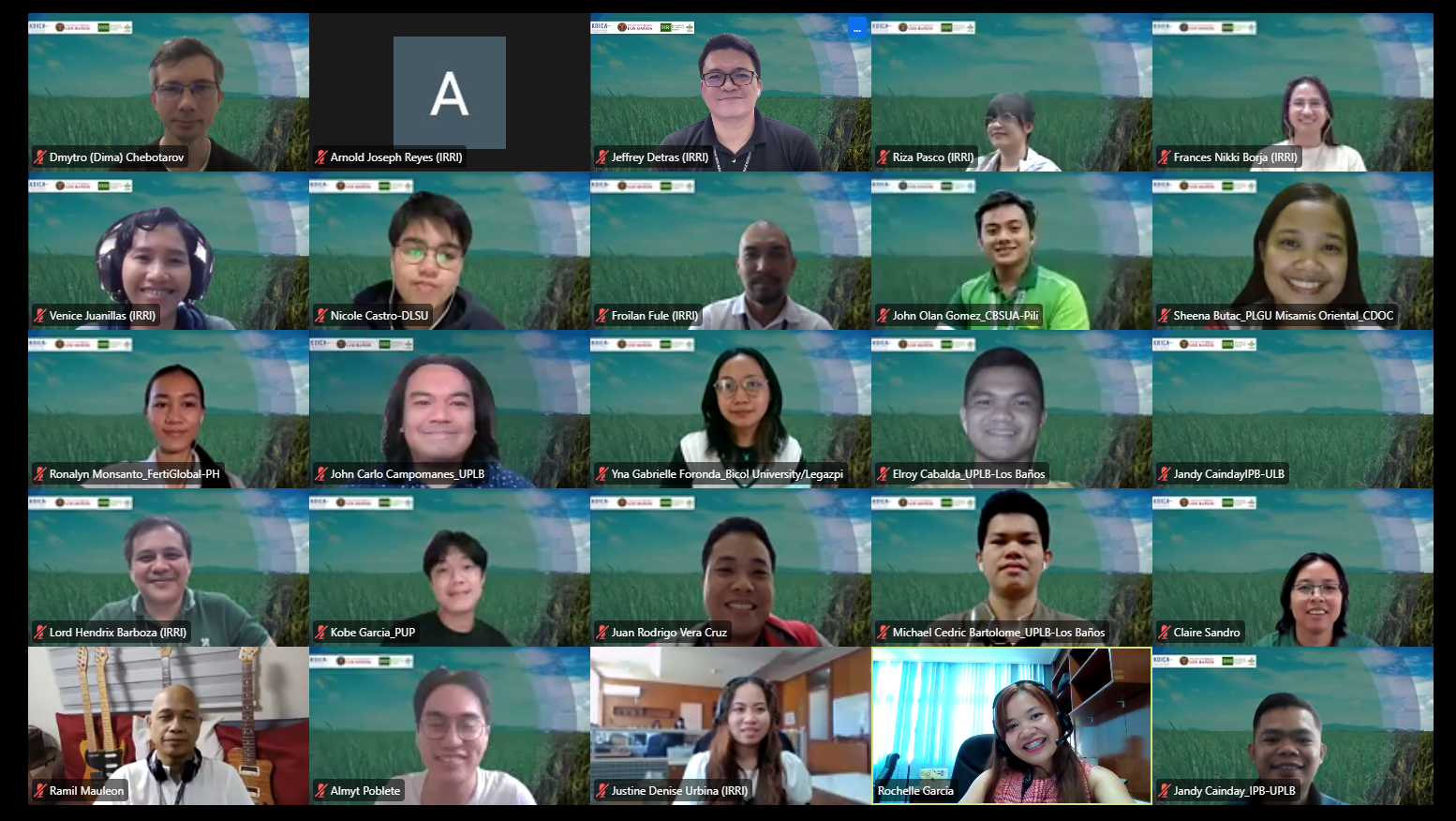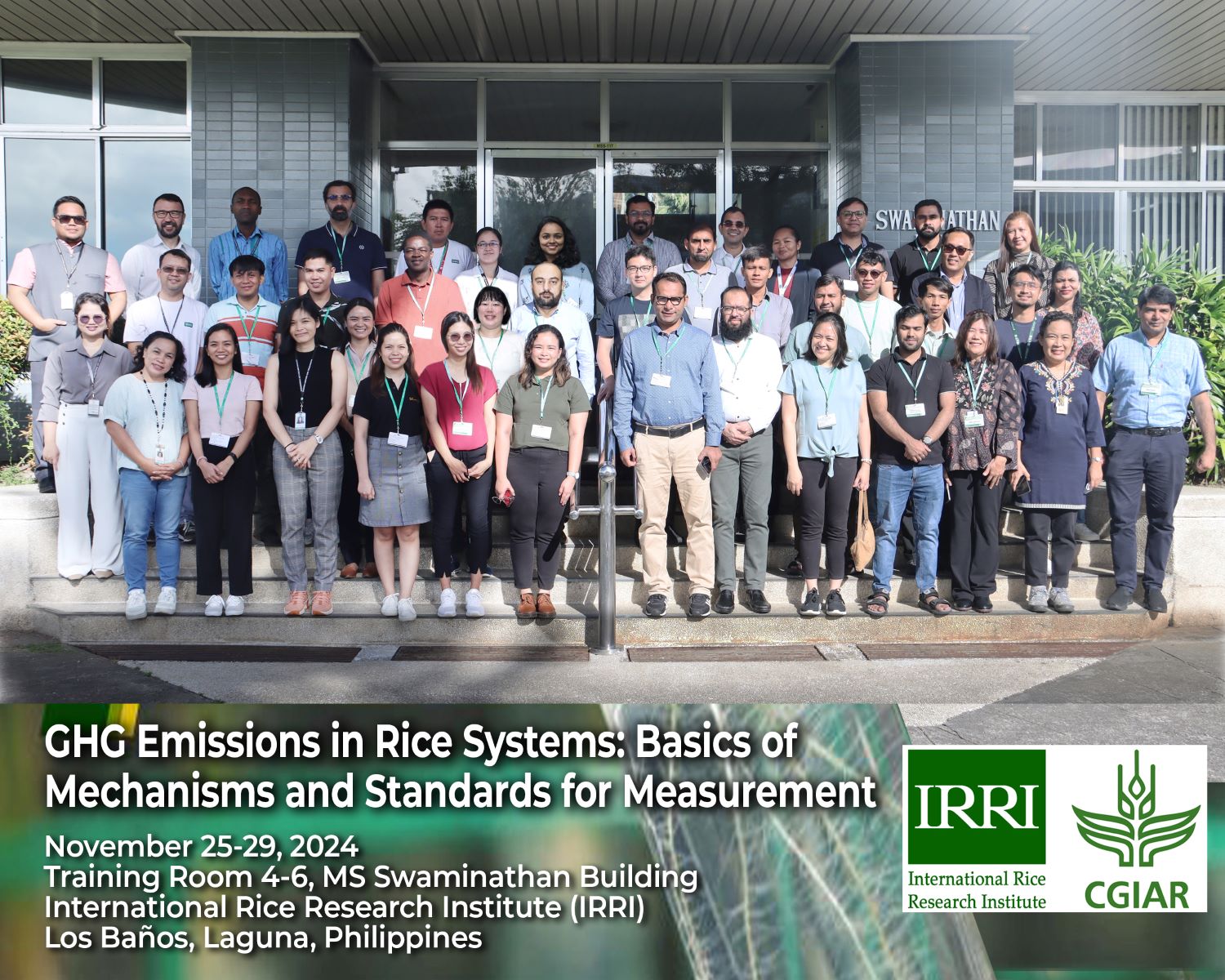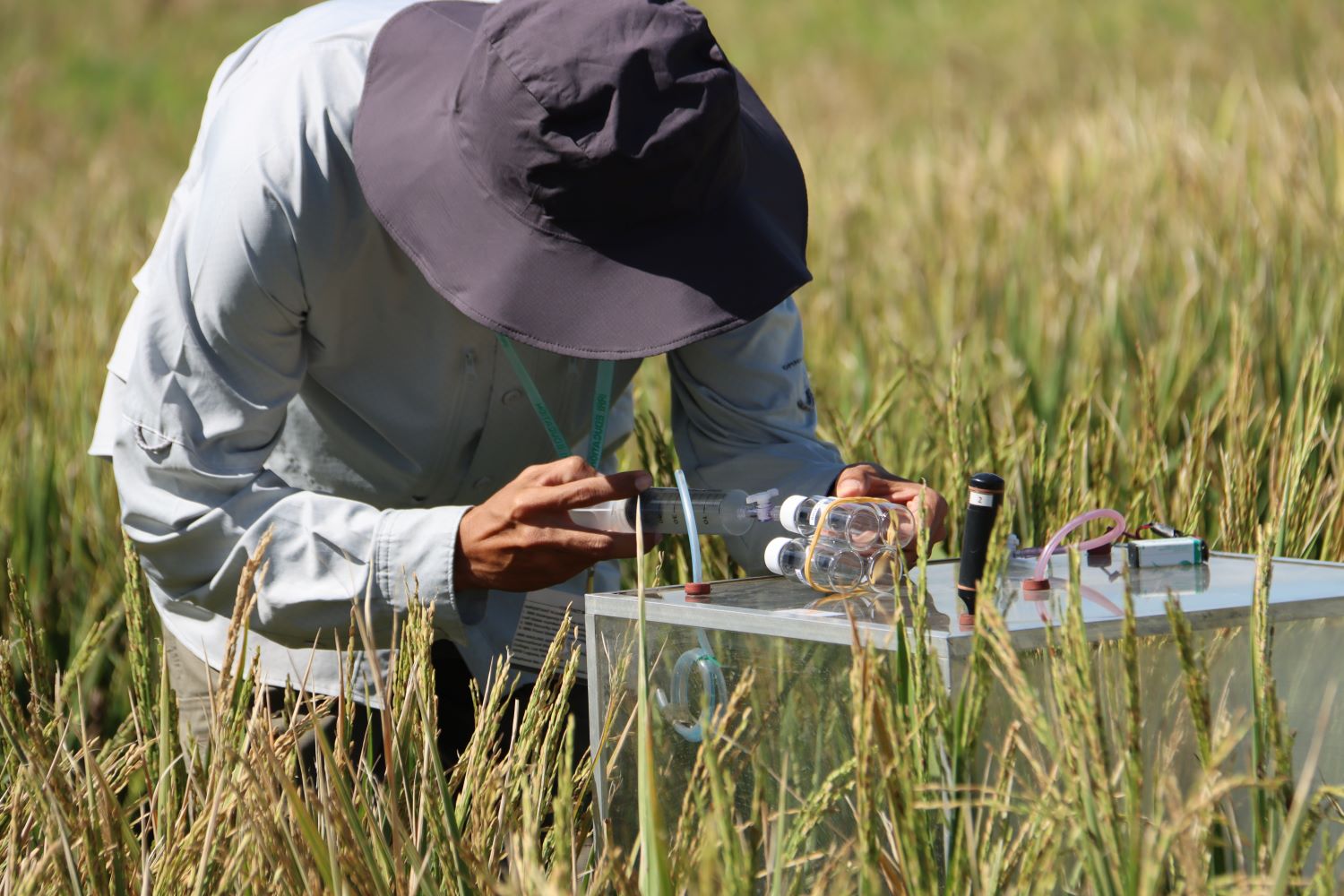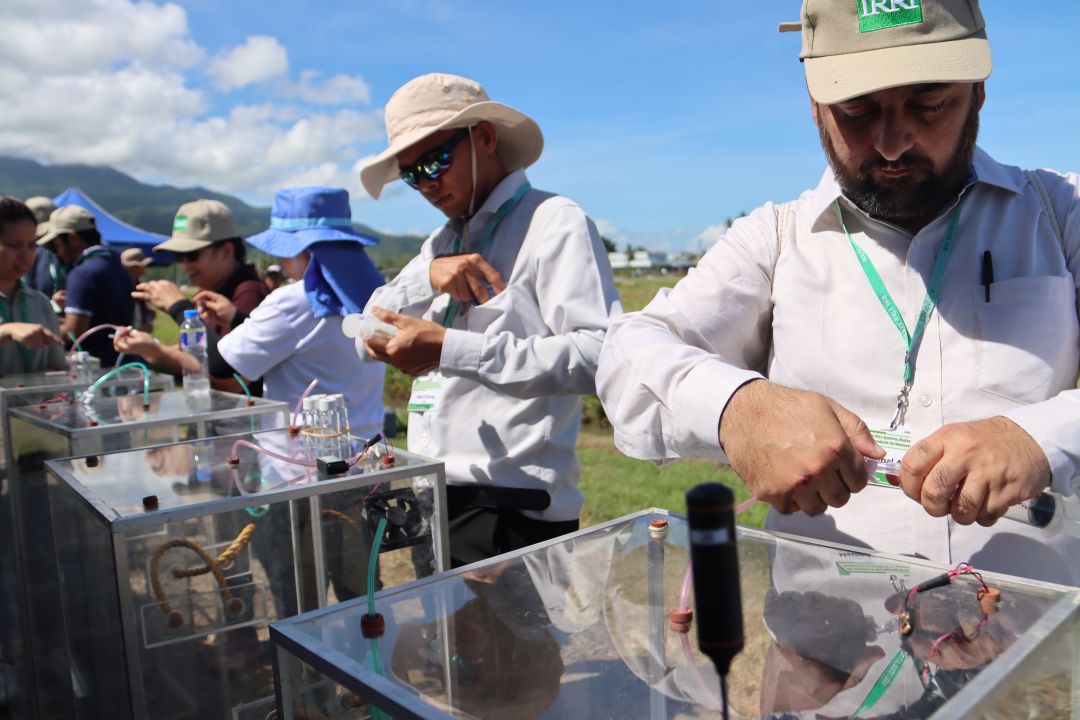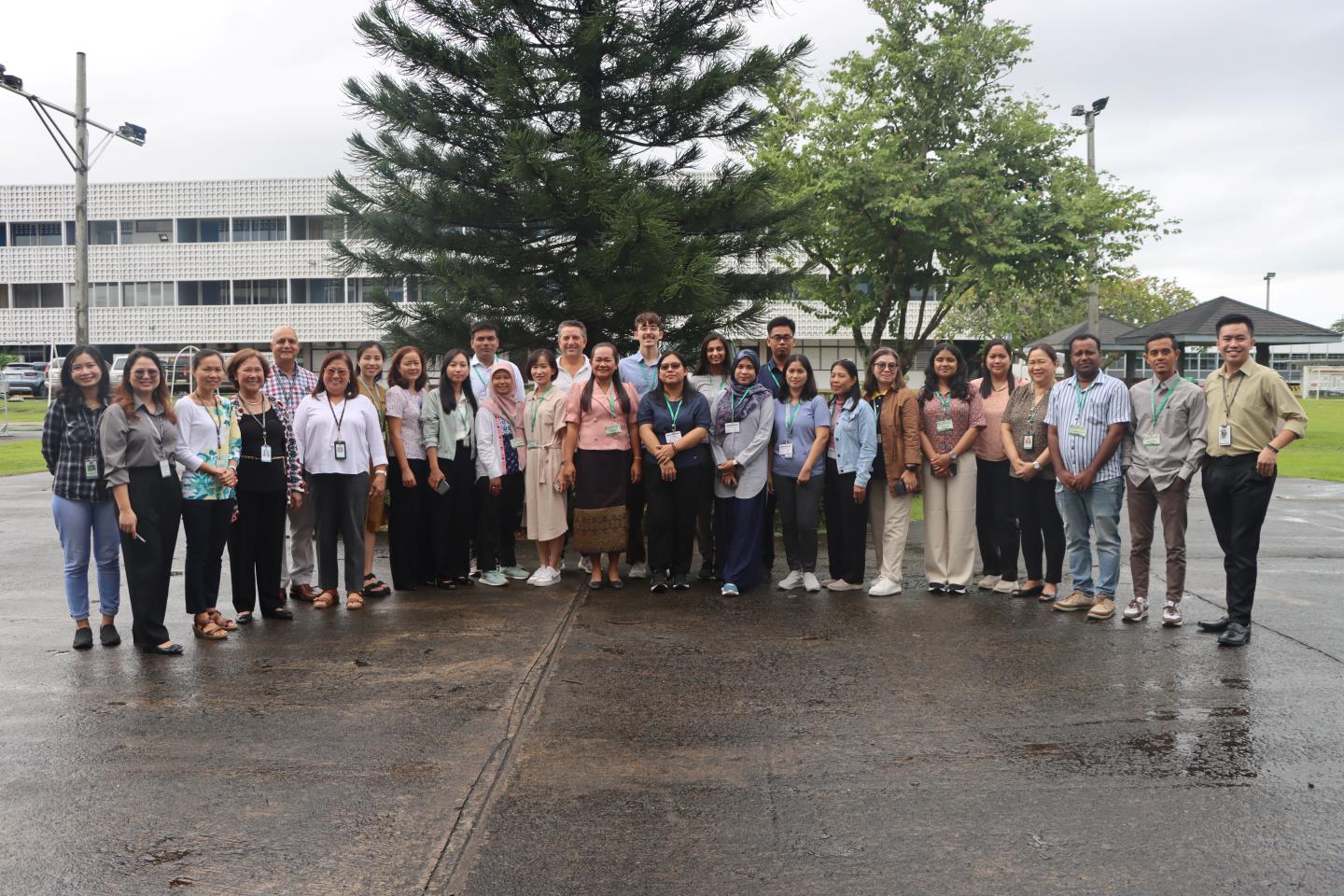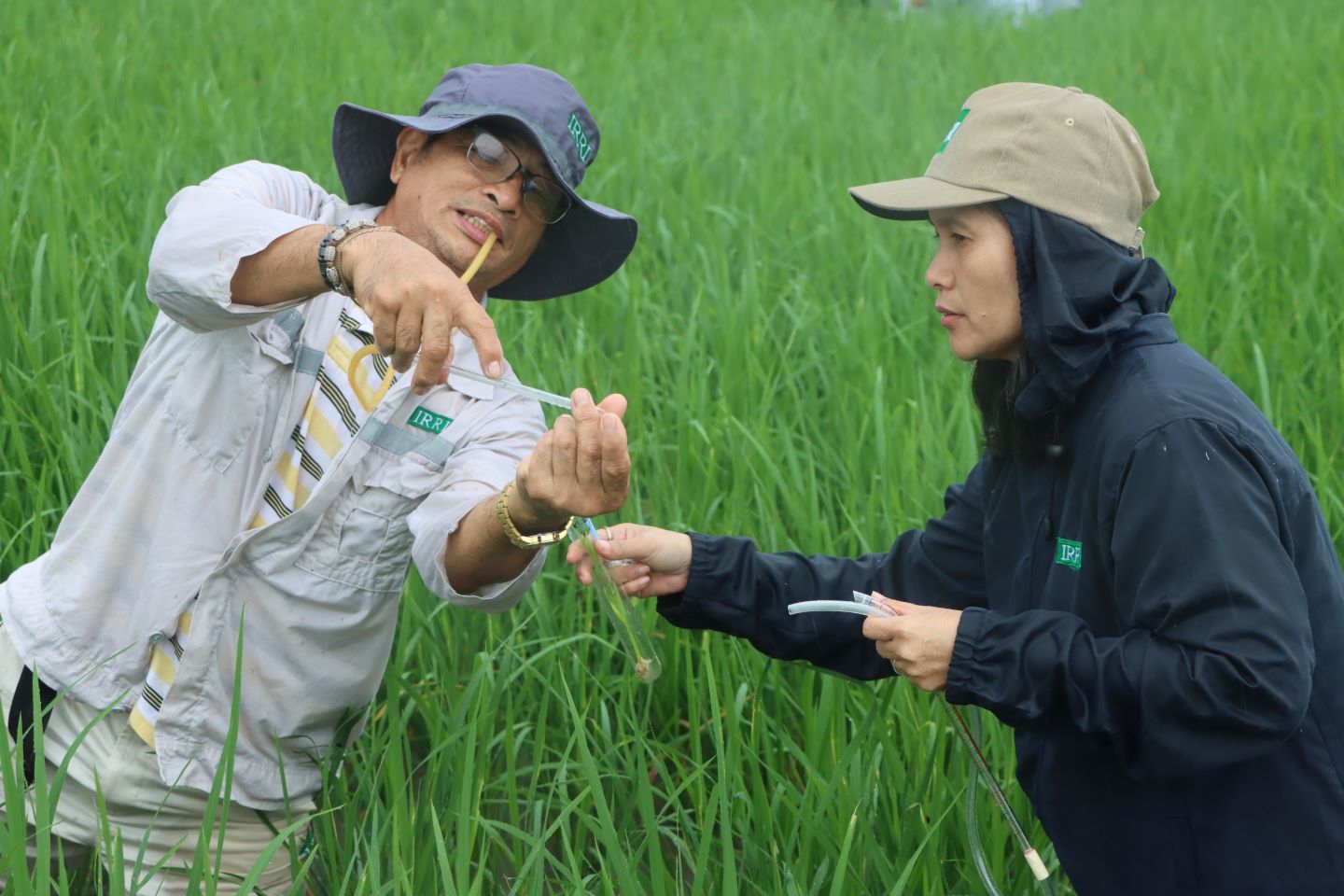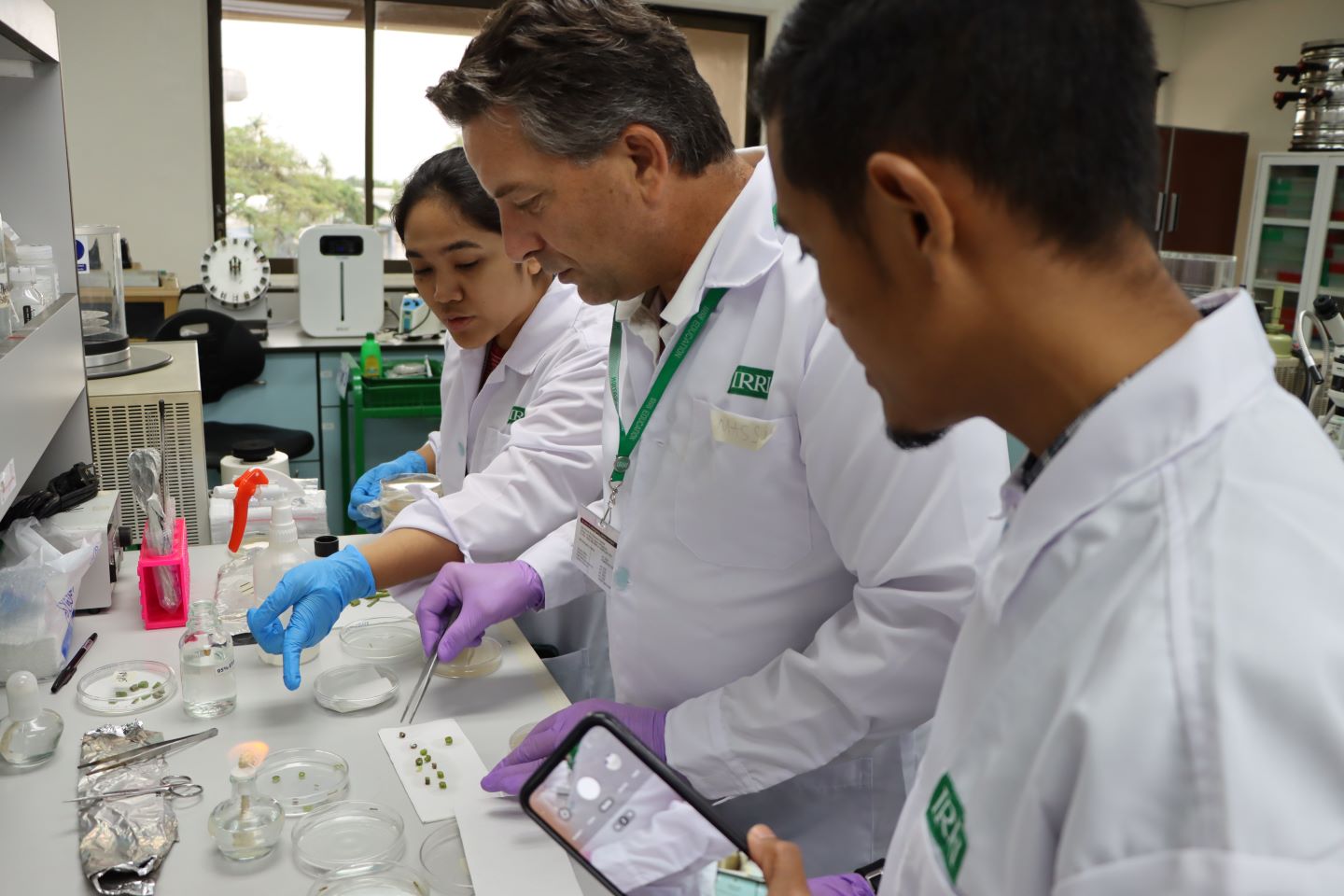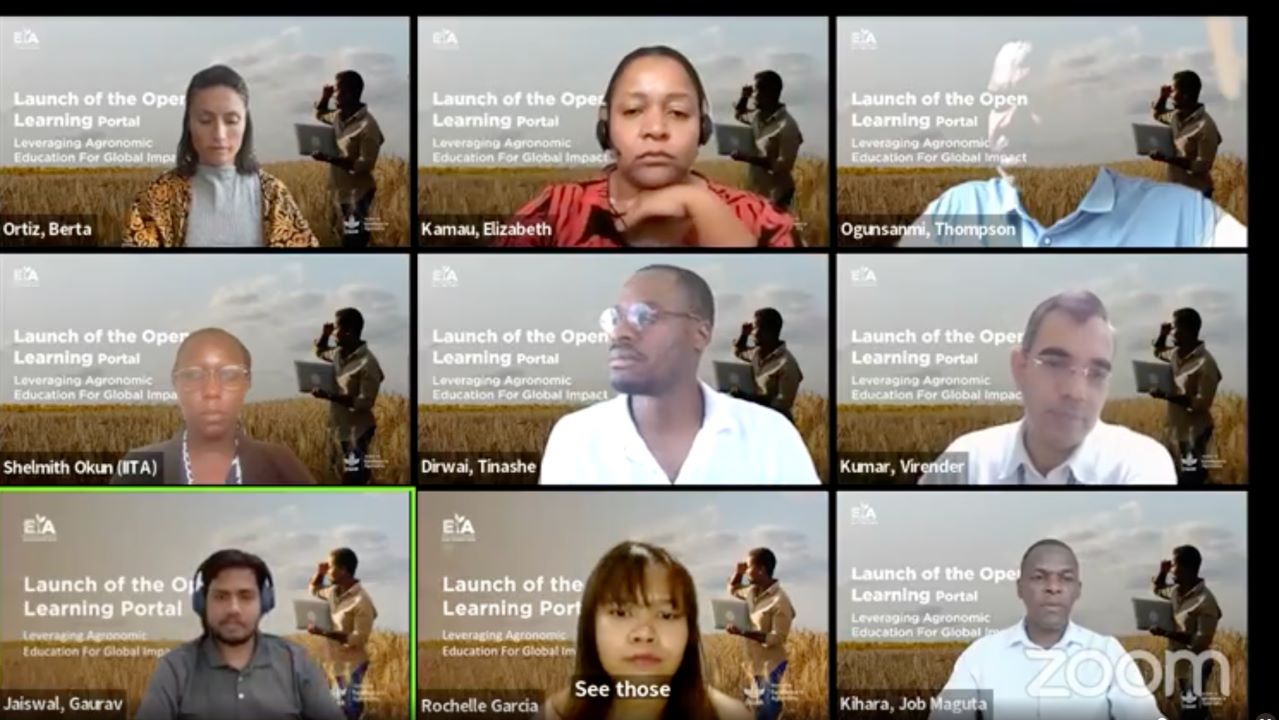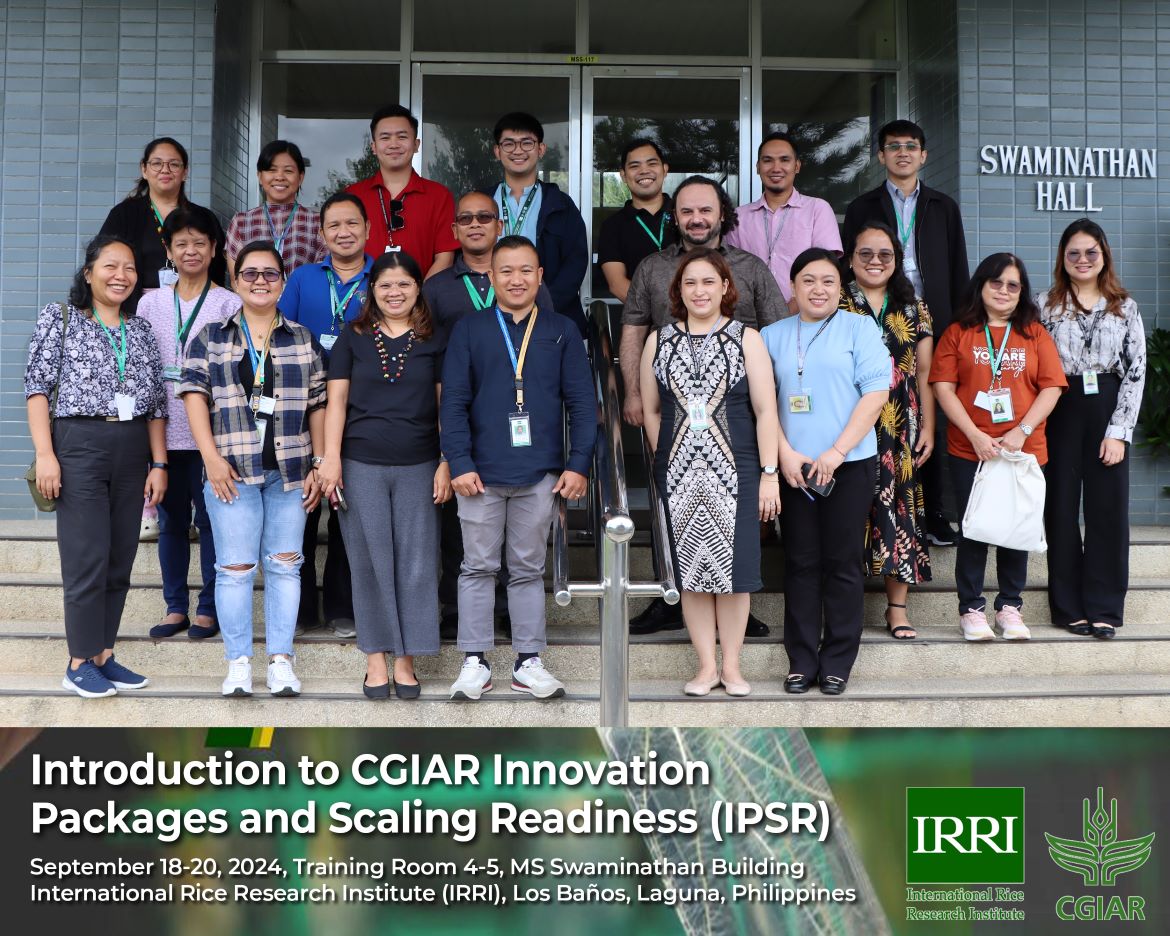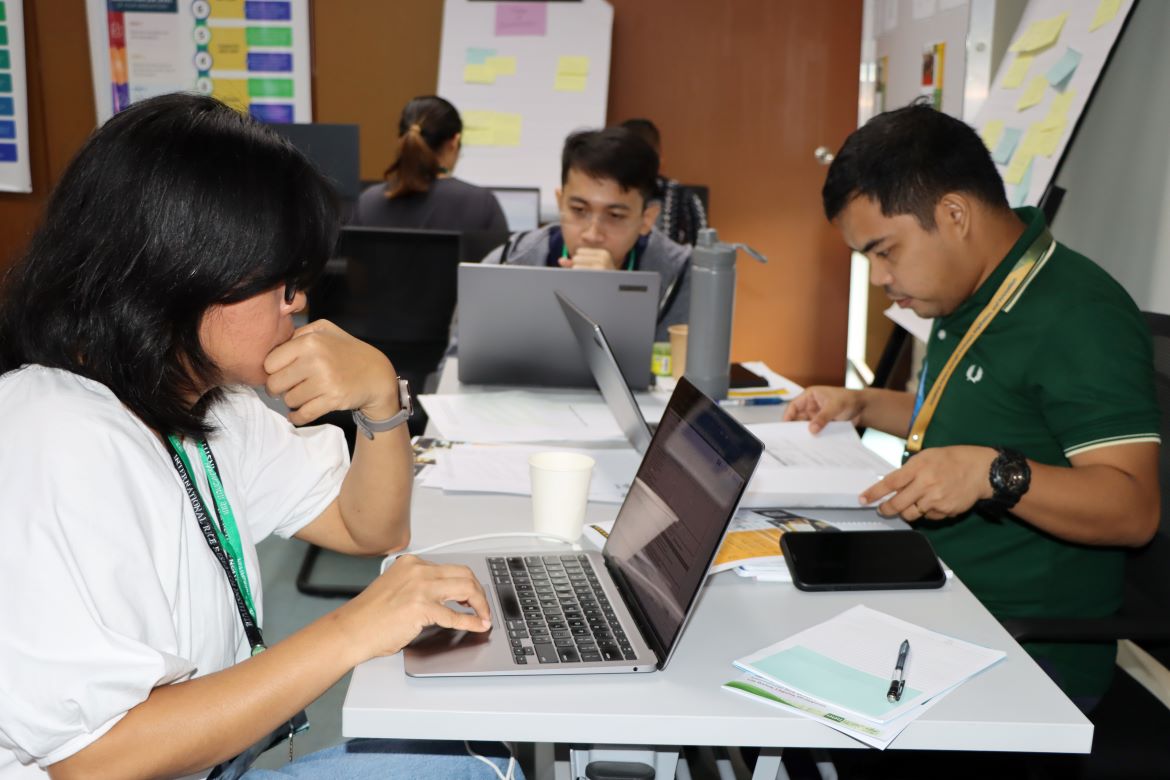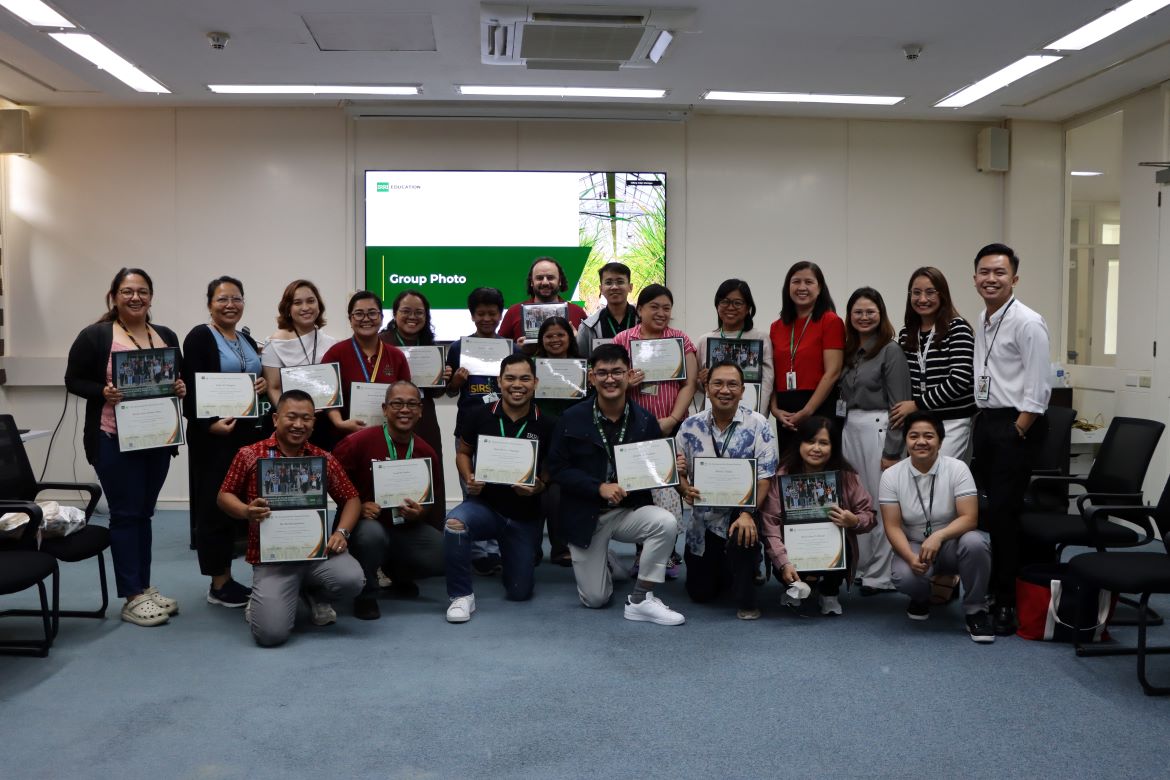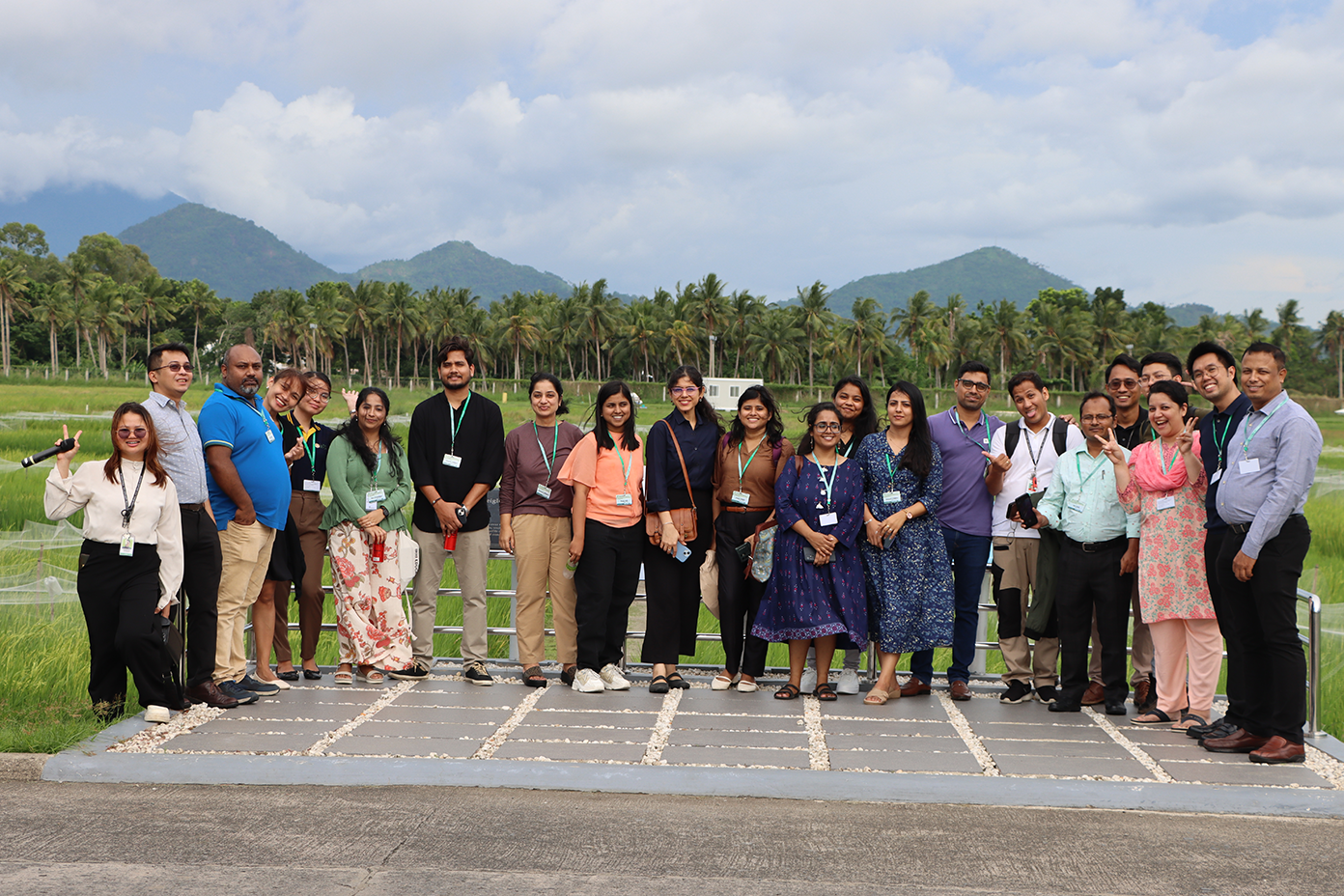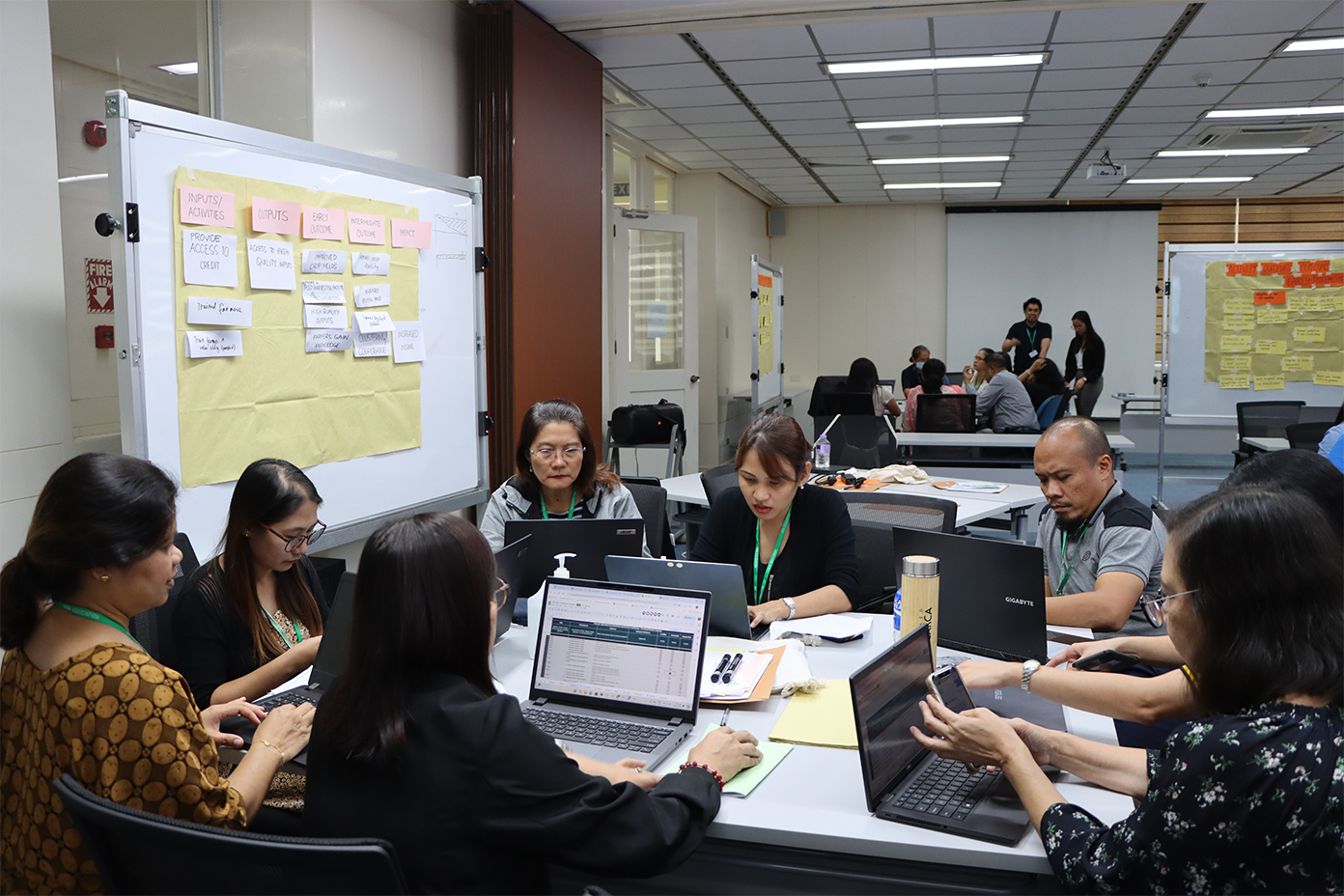In a strategic effort to enhance the Philippines’ agricultural competitiveness, the Korea International Cooperation Agency (KOICA), in partnership with the University of the Philippines Los Baños (UPLB) and the International Rice Research Institute (IRRI), has successfully concluded two key internship training programs in 2024: the Basic Bioinformatics Course and the Basic Digital Phenotyping Course. These courses aim to equip Filipino university students and early-career professionals with the knowledge and skills in critical fields such as bioinformatics, genomics, molecular physiology, and biotechnology, empowering the next generation of researchers to drive agricultural innovation in the country.
Bioinformatics, the computational center of biology, can be used in rice research to identify genes of favorable agronomic traits such as increased yield or high nutrition which can then be introduced to rice varieties that do not carry them. It can also help predict phenotypic results, speeding up experiments that usually take years to develop. The partnership is also in the process of constructing the UPLB Genome Agricultural Research Center, which will be the home of genome and omics studies in the country.




